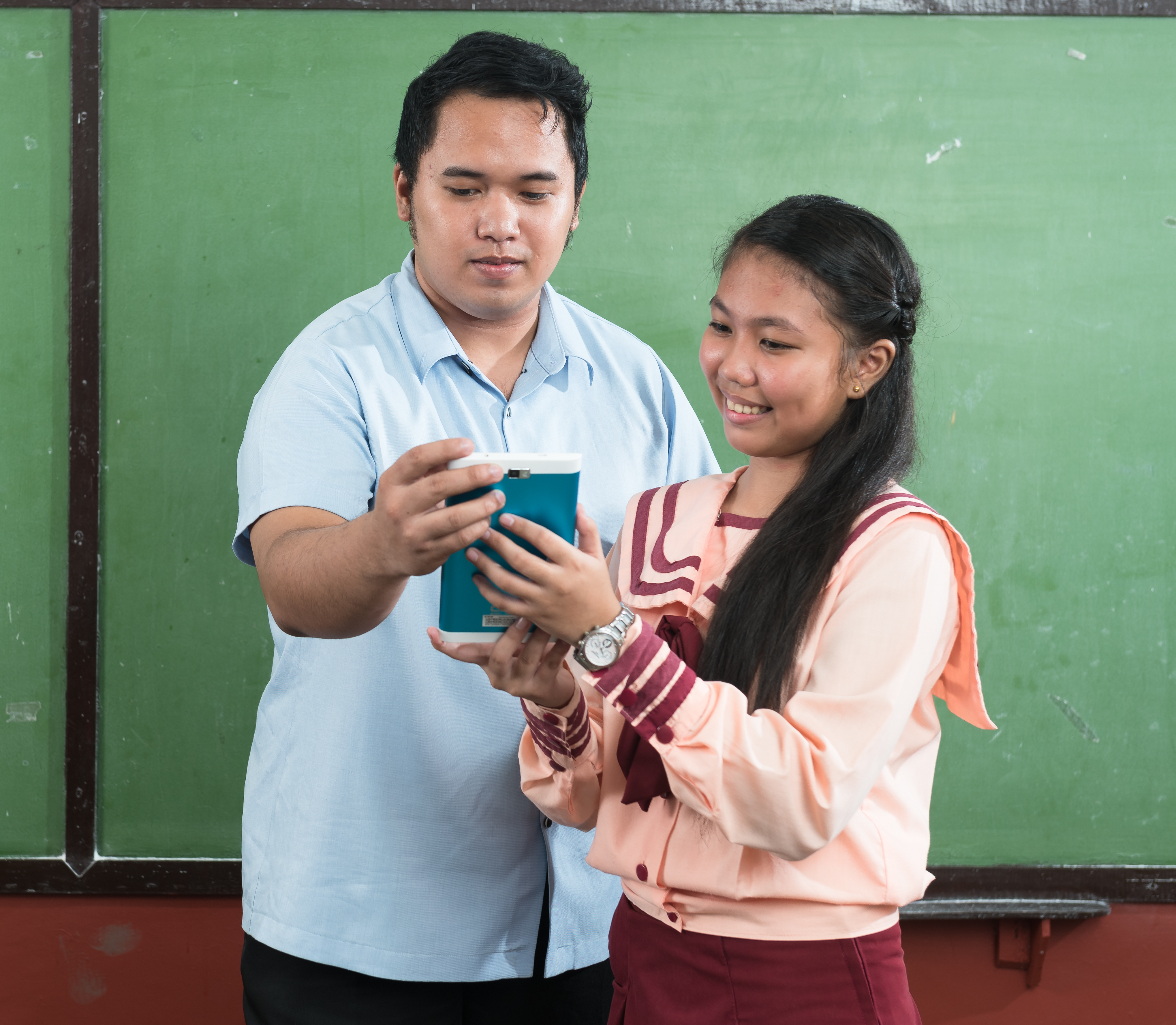
The Philippine government’s initiative to install free broadband access in schools will advance the state of education in the country, mainly in the areas of e-learning and mobile education (m-education).
This was disclosed by educational technology company Quipper, which noted that the Duterte administration’s proposal to provide complimentary Wi-Fi connectivity in schools through the Department of Information and Communications Technology’s “Free Internet Connectivity in Public Places” project will benefit students, faculty members, and other school personnel.
“It is a welcome development for our local education sector that the government is pushing to have the whole country connected to the Internet. We strongly believe that this will positively impact schools across the archipelago by enhancing teaching methods and student engagement through innovative means of learning,” said Yuki Naotori, Country Manager of Quipper.
Wi-Fi powers learning
“Making the Internet easily accessible to our students opens up vast opportunities, notably through e-learning and m-education. They are mainly driven by data streaming through Wi-Fi in their devices and gadgets such as their desktop computers, laptops and even their own tablets and smartphones. Available technologies can help make the Philippine education system more competitive with other countries,” Quipper’s Naotori added.
According to him, Internet access in elementary and high schools will greatly boost the implementation of the Department of Education’s (DepEd) K-to-12 program, as there are subjects and courses readily available online, such as those provided through Quipper Video, which are already being used by some schools in the country.
“If our learning institutions can latch on the Internet freely, pupils and teachers can get access to engaging learning resources such as those being offered by Quipper Video. And if the government’s project to deploy pervasive Wi-Fi in the country materializes, e-learning and m-education will enable our students to also study in the comforts of home. This will also be helpful when there are class disruptions – learning can take place outside the classroom,” Naotori pointed out.
He further disclosed that other than gaining access to key resources, educational institutions, especially public schools, powered with Wi-Fi will be able equip teachers with web-based tools that enable them to retrieve student information in real-time, thus allowing them to tailor-fit their teaching style according to the students’ individual needs.
Senate-backed
The nationwide free Wi-Fi project was first proposed by Sen. Ralph Recto, which was then supported by Sen. Paolo Benigno Aquino IV through Senate Bill 1050 to establish an Internet Access Program in all levels of public schools. Sen. Francis Pangilinan likewise submitted a complementary measure in July, covering state colleges and universities. In March, Sen. Emmanuel Pacquiao, then-Sarangani congressman, filed House Bill 3591, which also sought to install Wi-Fi hotspots in the said areas.
As committee chair on education, arts and culture, Sen. Aquino in a statement said “teachers and students should be given access to the Internet for meaningful research, collaboration and learning.” He earlier revealed that due to lack of infrastructure and signal, only about 26%, or about a quarter, of Philippine public schools have ready access to the Web.
DepEd’s Undersecretary Alain Pascua also earlier stated that the lack of web connection in most schools was “worrisome” since it is an “important” and useful tool in teaching and learning.
For more information on Quipper and its services, visit their official website, Facebook or contact: marketing-ph@quipper.com. ADVT.